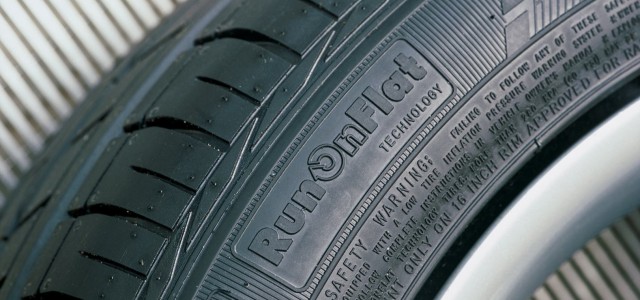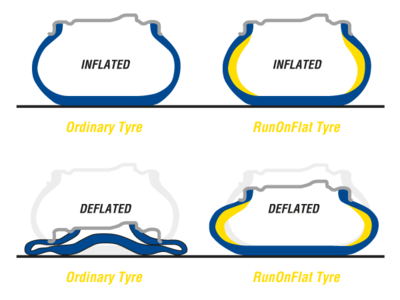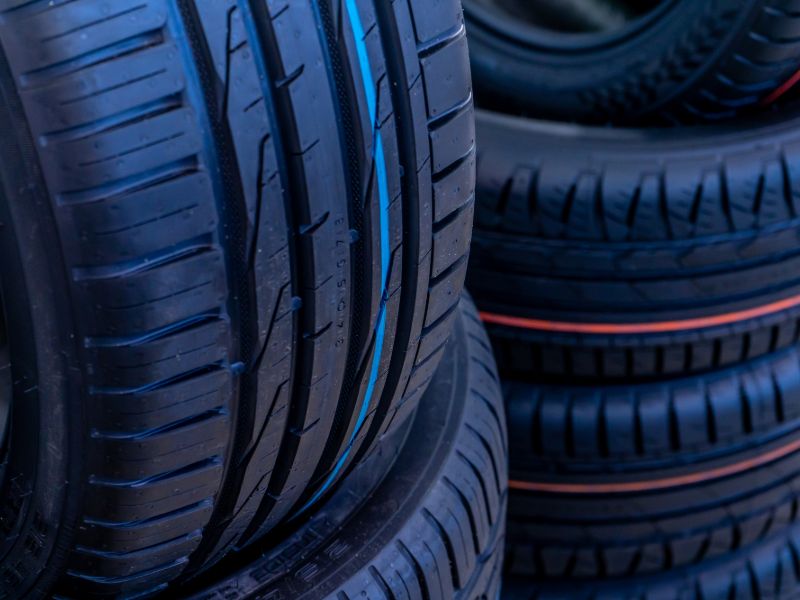Run Flat Tyres
What are run flat tyres?
Run flat tyres are designed to get you to safety in the event of a puncture. Specially reinforced sidewalls allow you to continue driving at a limited speed and for a limited period, which hold the weight of the car when the air pressure drops. Run flat tyres are specified for a maximum distance and a maximum speed – usually only around 50 miles at 50 mph, but you should refer to your vehicle’s handbook for this information.
Want to know more about how your vehicle could benefit from run flat tyres? Call our team of friendly advisers today on 0749131385
How do run flat tyres work?
Run flat technology helps prevent wheel damage in the event of a puncture. It does this by using tough inserts that can temporarily carry the weight of your vehicle when air escapes from the tyre. Run flat technology has developed significantly in recent years, partly as car makers aim to reduce vehicle weight by removing the heavy spare tyre from the boot. BMW and MINI are among the growing number of car makers fitting run flats. Browse the best run flats for BMWs by using our tyre search tool above.
One thing to bear in mind is that run flats must be used in conjunction with a Tyre Pressure Monitoring System (TPMS]. Otherwise, you will not know whether you have a puncture or not.
Can I replace my run flat tyres with non-run flats?
If your vehicle was originally fitted with run flat tyres, we do not recommend changing them to conventional tyres. This is because the car’s suspension is tuned according to the run flat’s stiff sidewalls, making them slightly softer than usual. By fitting a conventional and less rigid tyre, you could affect your car’s handling.
What is more, run flat tyres should never be fitted to vehicles that don’t have a Tyre Pressure Monitoring System (TPMS). Please consult your vehicle’s handbook before making any changes to your tyres, and feel free to get in touch with us if you have any questions.



